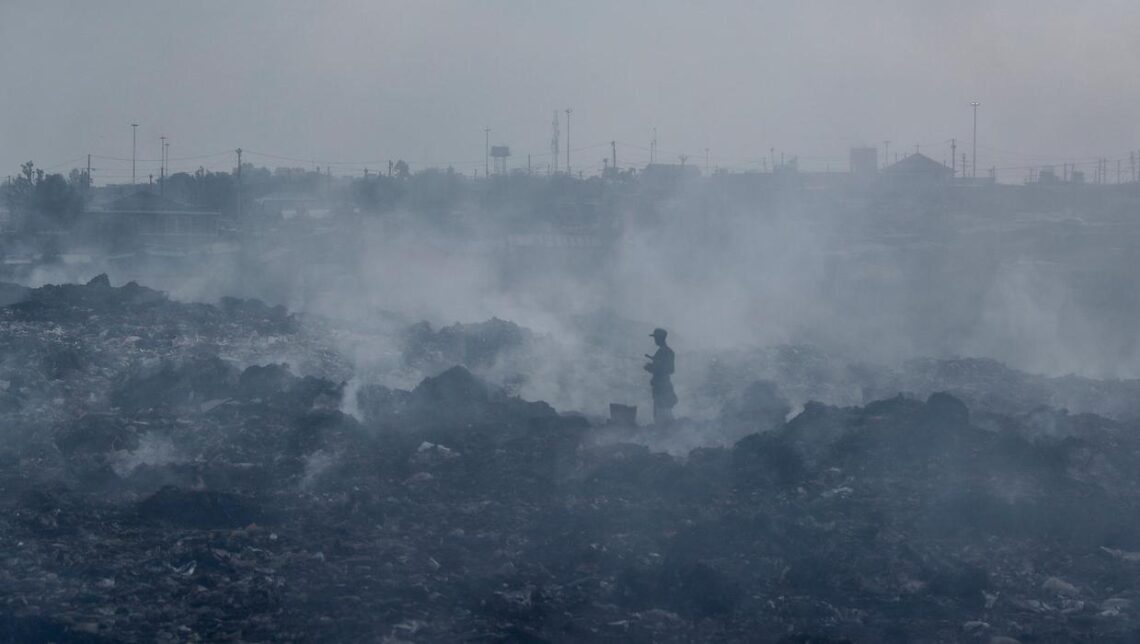The World Health Organization (WHO) released a revised Global Air Quality Guidelines on Wednesday, for the first time since 2005. It has released a new set of strict guidelines for six pollutant categories —particulate matter (PM), ozone (O3), nitrogen dioxide (NO2) sulphur dioxide (SO2), and carbon monoxide (CO).
These pollutants are sourced from fossil fuel emissions, and controlling this could save “millions of lives”, the recommendation stated.

The latest guidelines explicitly elaborate upon the effect air pollution has on human health at even lower concentrations than previously understood. The guidelines recommend a reduction of the key air pollutants to improve the quality of air and in turn on the living of the people. These pollutants are also responsible for being a major contributor to climate change.
WHO Director-General Tedros Adhanom Ghebreyesus at the virtual launch of the guidelines said, “Air pollution is a threat to health in all countries, but it hits people in low- and middle-income countries the hardest.”
Moreover, he added that Air pollution kills at least 7 million people prematurely each year. Even at very low levels, research has shown “air pollution affects all parts of the body, from the brain to a growing baby in a mother’s womb,” reported Reuters.

“WHO’s new Air Quality Guidelines are an evidence-based and practical tool for improving the quality of the air, on which all life depends. I urge all countries and all those fighting to protect our environment to put them to use to reduce suffering and save lives,” he further said.
WHO is expecting positive appraisal from the 194 countries of this set of guidelines. The countries need to take more stringent action against cutting fossil fuel emissions which are responsible majorly for climate change.
Globally, countries from around the world are under pressure to set ambitious goals of emissions-cutting plans ahead of the U.N. climate conference in November in Glasgow, Scotland.

Scientists appreciated the guidelines, however, have also shown concern that some countries would find it hard to implement them, as many have still not been able to meet the older standards.
Since WHO’s last 2005 global update, a marked increase has been observed. “Since the last update in 2005, a substantial new body of evidence has accumulated, further demonstrating the degree to which air pollution affects all parts of the body, from the brain to a growing baby in a mother’s womb, at even lower concentrations than previously observed,” the WHO Director-General emphasized.
Furthermore, Dr. Aidan Farrow, a Greenpeace international air pollution scientist who is based at Britain’s University of Exeter said: “What matters most is whether governments implement impactful policies to reduce pollutant emissions, such as ending investments in coal, oil, and gas and prioritizing the transition to clean energy.”
“The failure to meet the outgoing WHO guidelines must not be repeated,” he added.
Also Read : India Got Rich With 800 New Species Of Plants And Animals In 2020 Including Completely New Discoveries












